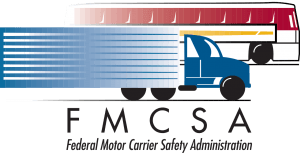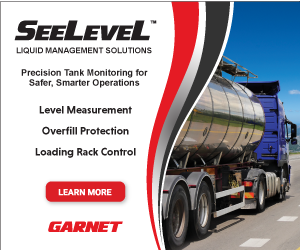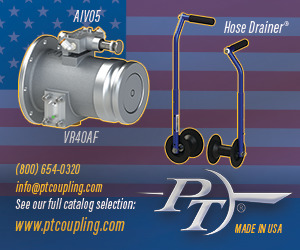
What’s more, the Federal Motor Carrier Safety Administration (FMCSA) is operating under broader authority to use those off-site audits to issue safety ratings to carriers (satisfactory, unsatisfactory and conditional) as part of the federal government’s emergency declaration over the Covid-19 pandemic.
“It’s a new twist,” said Lesley Sachs, a partner at the national transportation-focused law firm Taylor & Associates, based in Winter Haven, Fla. “Carriers need to pay attention. It’s something to take seriously. The opportunity presented itself with Covid-19, and FMCSA seized it.”
FMCSA and its state enforcement partners this year already have conducted nearly three times the number of remote audits conducted in 2019 — 3,582 through the end of July of this year compared to 1,374 for all of 2019.
DOT Widening Off-Site Audits Of Truckers Trends
If that trend holds, FMCSA and state enforcers will have conducted nearly 6,175 remote off-site inspections by year end. That would be more than five times as many as last year‚ and more than half of the on-pace-for 12,000 compliance reviews..
Enjoying our insights?
Subscribe to our newsletter to keep up with the latest industry trends and developments.
Stay InformedWith the increased number of off-site audits has come an expansion in the scope of off-site reviews, said Brandon Wiseman, a partner for Scopelitis, Garvin, Light, Hanson & Feary. “Historically, off-site audits were almost always used for what are known as focused audits,” he said, as opposed to comprehensive reviews. These off-site audits generally take two weeks or less, Sachs. said
Investigators, either from FMCSA or a state DOT, will send an email to carriers notifying them of the pending investigation and requiring them to upload information such as accident records, driver lists, equipment lists, MC-90 forms and other records. They’re then often required to fill out a questionnaire with basic details such as revenue and mileage data, insurance information, addresses and other operational information.
The investigator will complete the process by phone.
“They talk with the carrier about their compliance program and practices to get a feel for how robust and developed the compliance program is for that carrier,” Sachs said. “Finally, they issue a report to identify any acute or critical violations to address.”
Conditional Or Unsatisfactory Results
Or, in the case of a safety rating of conditional or unsatisfactory being issued, carriers then have the usual 60 days (or 45, in the case of hazmat haulers) to file a corrective action plan or an appeal with FMCSA.
Like most other compliance reviews over the past decade, FMCSA uses carriers’ percentile rankings within the Compliance, Safety, Accountability (CSA) program to target fleets for safety audits.
To ward off audits in the first place, Hansen suggested regularly checking CSA scores.
“Log in and review your data,” he said. “Look at trends. Review any data that can be reviewed. Take advantage of the crash accountability program, and have crashes that are clearly not preventable removed. Take steps to address what violations you can to keep your scores down.”






















